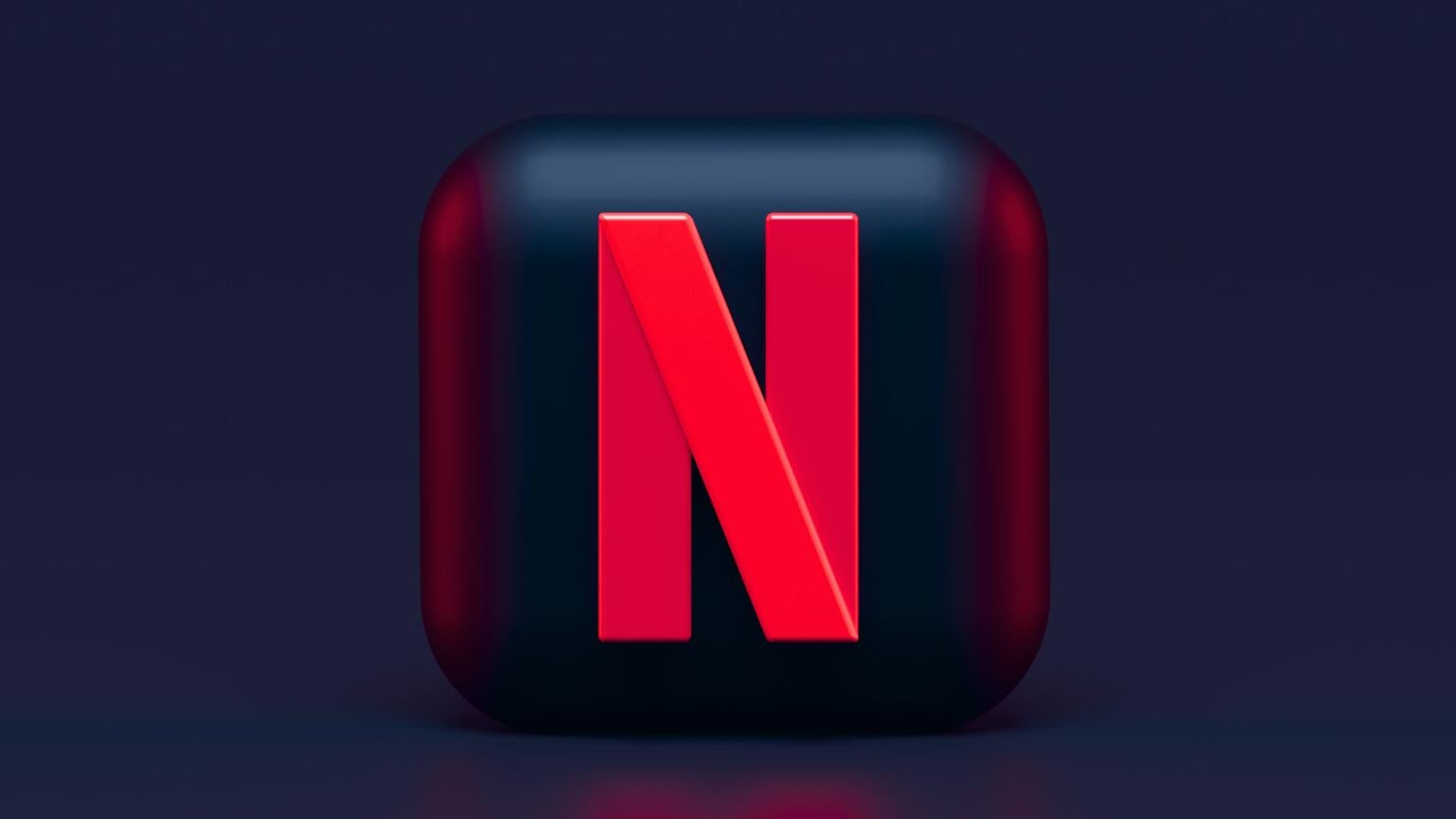Netflix Slashes 300 Jobs - Can a Leaner Streamer Get Back to Success?
Netflix Slashes 300 Jobs - Can a Leaner Streamer Get Back to Success?

Today, Variety reported Netflix slashed 300 jobs. You, the viewer, are unlikely to see much change in the near term, but this speaks to a larger shakeup at the streamer.
After a shocking subscriber loss and projections for a dire Q2, Netflix brass pushed the panic button. While they once scoffed at the idea of commercials, the shock of a disastrous quarter means an ad-supported tier is on the way. The company pulled the plug on several animation projects. And the free-spending days of the past have come to a close.
With mega-media companies like Disney, Paramount Global, NBCUniversal and Warner Bros. Discovery jealously guarding their libraries for their own streaming services, Netflix has lost one of its main crutches. The service no longer has access to beloved sitcoms like “Friends” and “The Office.” Most blockbuster movies have found their permanent home on their studios’ streaming services. If Netflix is going to fortify itself for the future, it needs to look out for itself first.
Rewind, Then Fast-Forward
While Netflix doesn’t have the Marvel Cinematic Universe, Dunder-Mifflin, the Skywalker family, or DC superheroes to bolster its library, those properties are not what put Netflix on the map. The service’s most enduring success comes from its original series like “House of Cards,” “Stranger Things,” “Tiger King,” “Money Heist,” and “Squid Game.”
In each case, Netflix hit on something unique: a slow-burn political drama, an 80s throwback sci-fi/horror series, a lunatic docuseries, and high-stakes international series about bank robberies and dystopian kill-or-be-killed playground games. When Netflix treads new ground, it finds success. Where it tries to copy its rivals (the superhero series “Jupiter’s Legacy,” for example), it stumbles.
In recent years, Netflix has spent money chasing Oscars and high-action blockbusters. But more often than not, these films feel like knockoffs of Hollywood productions. “The Irishman” pales in comparison to other Scorsese mob titles like “Casino” or “GoodFellas.” “Army of the Dead” feels like a less terrifying remake of Zack Snyder’s own “Dawn of the Dead.” “The Adam Project” is an odd blend of “Flight of the Navigator” and “Back to the Future” with an ending straight out of “Field of Dreams.”
The movies are nice, but they don’t move the needle as much as Netflix’s series. They also cost a fortune, thanks to the combination of stunts, A-list talent, and expensive digital effects. This newly imposed financial discipline is forcing Netflix to go back to basics — if you want to win the streaming war, you need to offer something the audience can’t find elsewhere. Recent HBO Max and Apple TV+ successes like “Chernobyl,” “Station Eleven” and “Severance” are not necessarily expensive series to produce, but they’re well-told stories that pack a dramatic punch. These are the kinds of things Netflix used to excel at.
Yes, in the short term, Netflix got punched in the mouth. But it still has a broad opportunity to succeed. Its competitors do have some headwinds that Netflix doesn’t face.
- HBO Max has a new boss in David Zaslav, a notoriously cheap man who may balk at spending on prestige projects.
- Disney+ seems besieged by infighting and an inability to score a hit that doesn’t come from Marvel or Star Wars.
- Apple TV+ only wants to greenlight projects with “known” talent in the mix.
So if Netflix returns to its gritty roots, giving creative control to upstart talent, it’s likely to find its way once again. After all, with 220 million subscribers, it only takes a spark to start a fire. We’re about to discover if a hungry Netflix has what it takes to win.
